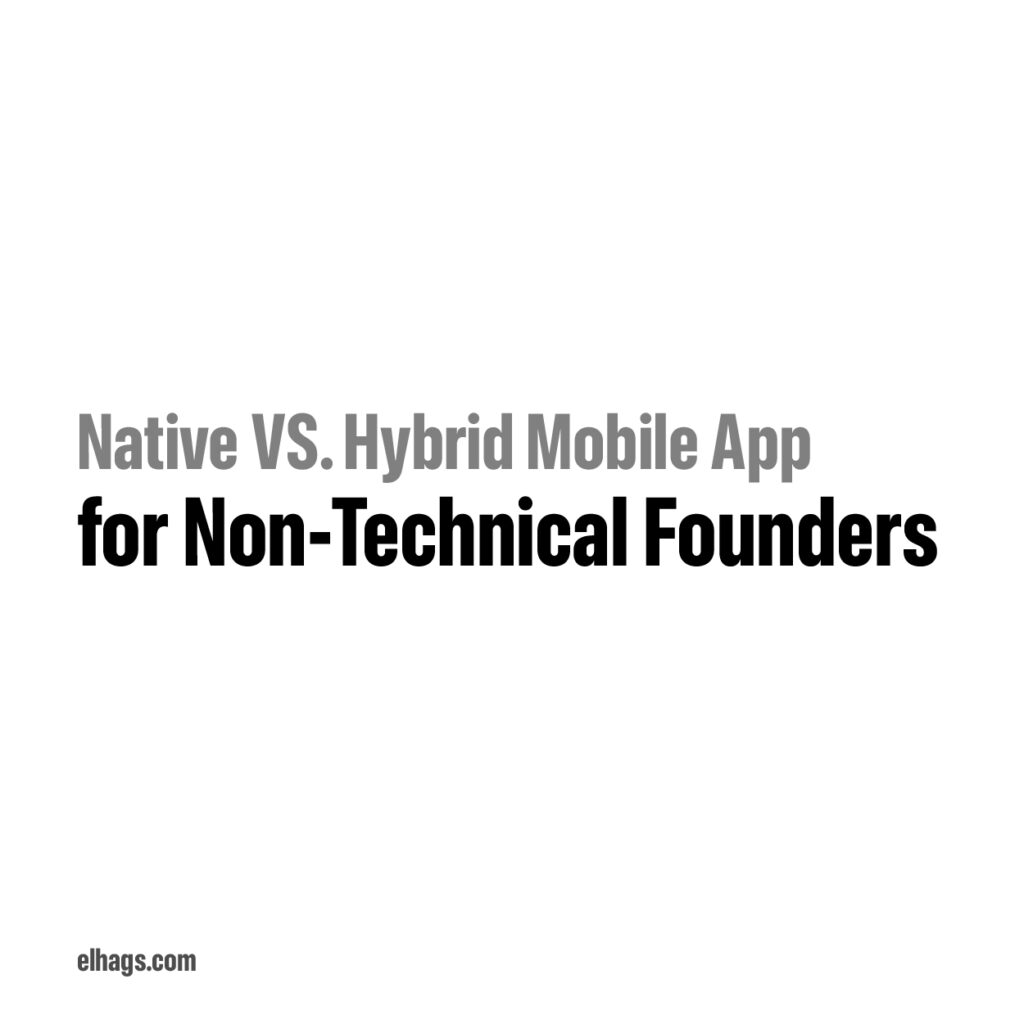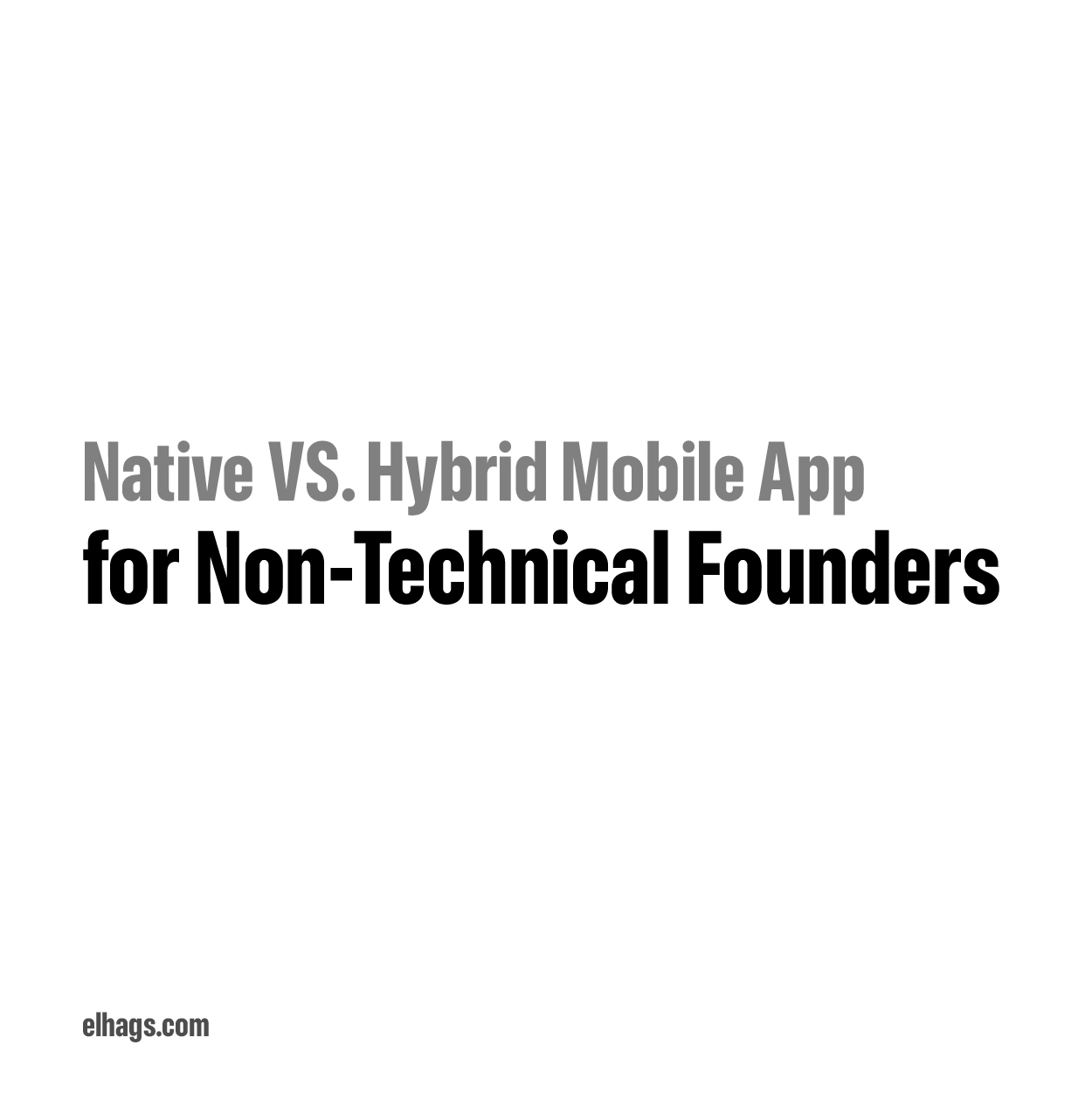When it comes to mobile app development, there are two main types of apps: native and hybrid. So, which one is right for your business?
In this post, we will discuss the differences between these two types of apps and help you decide which is the best option for you.
What are native apps and hybrid apps?
The terms “native app” and “hybrid app” may be foreign to the average person, but they are important distinctions for those in the tech world.
A native app is one that is written in a specific programming language and built for a particular device or operating system, such as Swift for iOS or Kotlin for Android.
A hybrid app, on the other hand, combines elements of native apps and websites, using languages like HTML or CSS with third-party tools like React Native, and Flutter.
Ultimately, it boils down to speed versus compatibility: native apps tend to have faster performance and better access to device features, while hybrid apps can be used across multiple platforms.
Your choice of app type may depend on your specific project needs and capabilities.
Either way, these technical terms will undoubtedly continue to be buzzwords in the ever-evolving world of mobile development.
The benefits of native apps
- Native apps are faster and more efficient.
- They have better access to device features.
- They look and feel more natural on the user’s device.
- Developing native apps gives you a competitive edge.
- It allows you to create a unique user experience for your customers.
The benefits of hybrid apps
- Hybrid apps are more compatible, meaning they can be used on multiple platforms.
- They are typically easier and faster to develop than native apps.
- Reach a larger audience with hybrid apps.
- They offer a more seamless experience for users.
How to decide which type of app is right for you
Native or hybrid? That is the question. When it comes to deciding which type of app is right for your business, there is no easy answer.
It depends on a number of factors, including your budget, timeline, and project goals.
If you’re looking for the fastest and most efficient option, go with a native app. If you need to save time and money, go with a hybrid app.
Ultimately, the decision comes down to what you value most in your mobile app development project.
Examples of businesses that have benefited from each type of app
Native apps:
- Starbucks, which developed a custom ordering app for its coffee drinkers
- Nike, which created a custom Nike+ Running app to track and monitor runners’ progress
Hybrid apps:
- Facebook, which created a hybrid app that can be used on both iOS and Android devices
- Walmart launched a hybrid app that allows customers to shop online and in-store
Finally, If you’re on the fence about developing a mobile app for your business, don’t be!
Native or hybrid, both types of apps have their benefits and can help your business succeed.
With the ever-growing popularity of mobile devices, it’s more important than ever to have a mobile app that represents your brand and provides a great user experience for your customers.
So what are you waiting for? Get started on your mobile app development project today!
Contact us today for a consultation!


